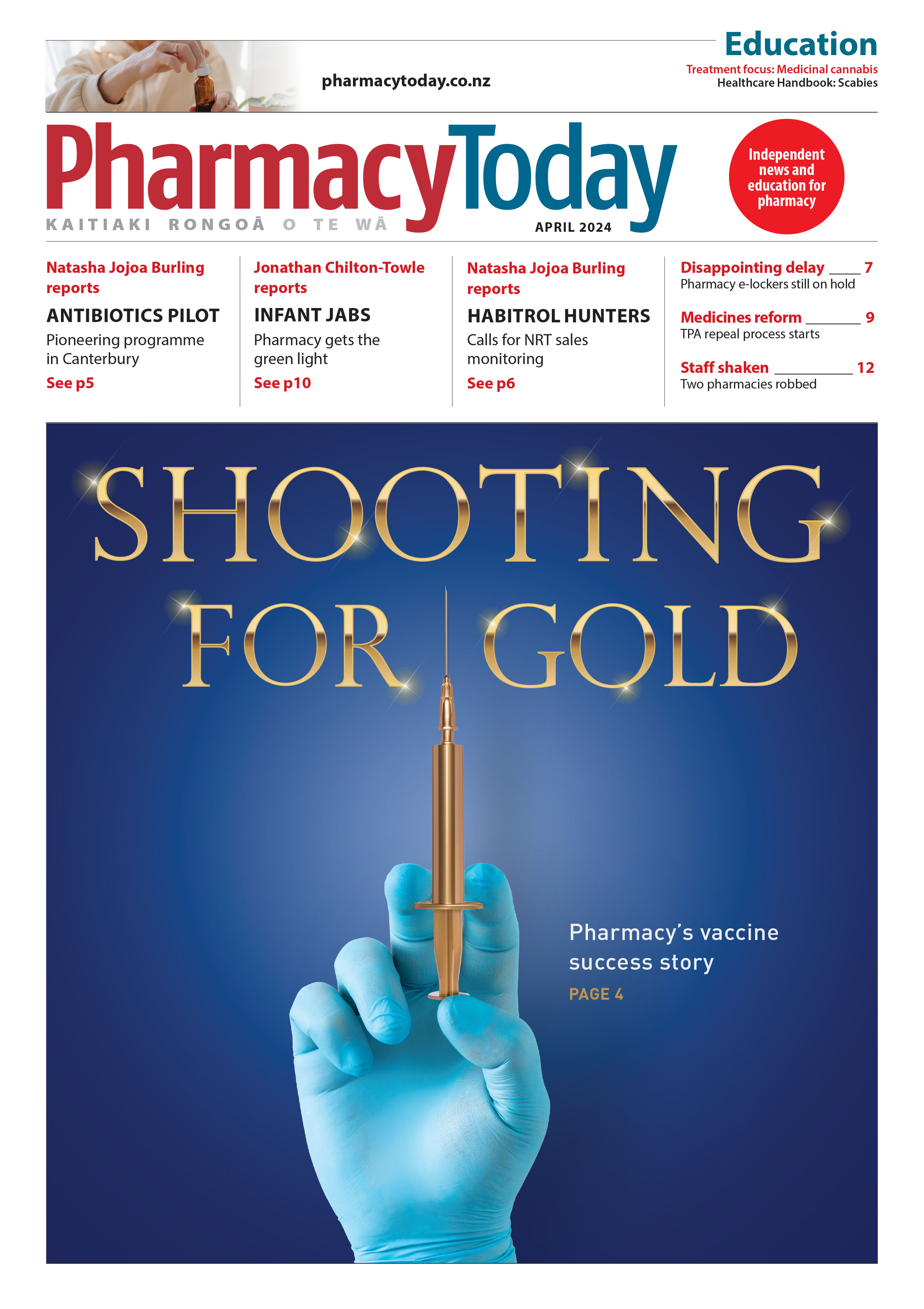In this article, Sue Frankland looks at the global problem of wastage of medications, including causes such as overprescribing and non-adherence. She also presents information from her master’s dissertation on how people understand, and respond to, medication expiration dates
National Iwi Chairs representatives call on Pharmac to reverse decision over funding for a highly effective preventative respiratory intervention for infants
National Iwi Chairs representatives call on Pharmac to reverse decision over funding for a highly effective preventative respiratory intervention for infants
The Co-Chairs of Pou Tangata of the National Iwi Chair’s Forum (NICF), Mr Rahui Papa and Dame Naida Glavish, have today slammed Pharmac’s decision to cease funding the preventative treatment for respiratory syncytical virus (RSV) in young tamariki.
“This reflects a short-sighted approach to the health and well-being of our mokopuna that will further exacerbate inequities in their outcomes and the well-being of their whānau, and in breach of their fundamental Te Tiriti o Waitangi and human rights”, says Dame Naida.
RSV is a common and highly contagious virus that primarily affects the respiratory system and can lead to serious respiratory complications such as bronchiolitis and pneumonia. It is effectively prevented by a course of anti-viral injections over six-months.
Mr Tereki Stewart, the Lead Technician for the Hauora Iwi Leader‘s Group of the NICF, notes that a study published in 2008 showed that tamariki Māori born pre-term in the first year of life were disproportionally impacted by RSV illness.
“Our tamariki and their whānau experience greater rates of hospitalisation compared with Pākehā and other (non-Pacific) ethnicities. Over a four-year period, there were 7,027 discharges from hospital of tamariki with RSV and its complications including pneumonia – 2,708 of these were Māori. That’s 39% of hospitalisations”.
This preventative treatment has been shown to be extremely effective and it has prevented ICU admissions since its introduction in Aotearora.
Mr Stewart further notes that, “Given the clear evidence for its effectiveness, it beggars belief that a Government agency could withhold it from our tamariki and put them at risk for severe illness”.
Mr Papa adds, “The decision to cease funding this extremely effective treatment appears to be driven by cost-cutting, rather than considering the well-being of our tamariki. This will have the greatest impact on Māori children living in more rural settings where the distance to hospital is greater and more complicated”.
The decision to cease funding for this treatment with little consultation with iwi Māori or communities has been received by the NICF as a threat to the hauora aspirations of whānau and iwi everywhere.
“We cannot, and must not, be trading off the health of our mokopuna Māori to save a few dollars.
We need to recognise this as a part of the suite of measures that addresses the health crisis we see endemic in our communities and treat it as such”, says Mr Papa, adding that, “We urge Pharmac to re-consider its decision and to also establish more robust engagement processes with iwi Māori when making these critical decisions”.





